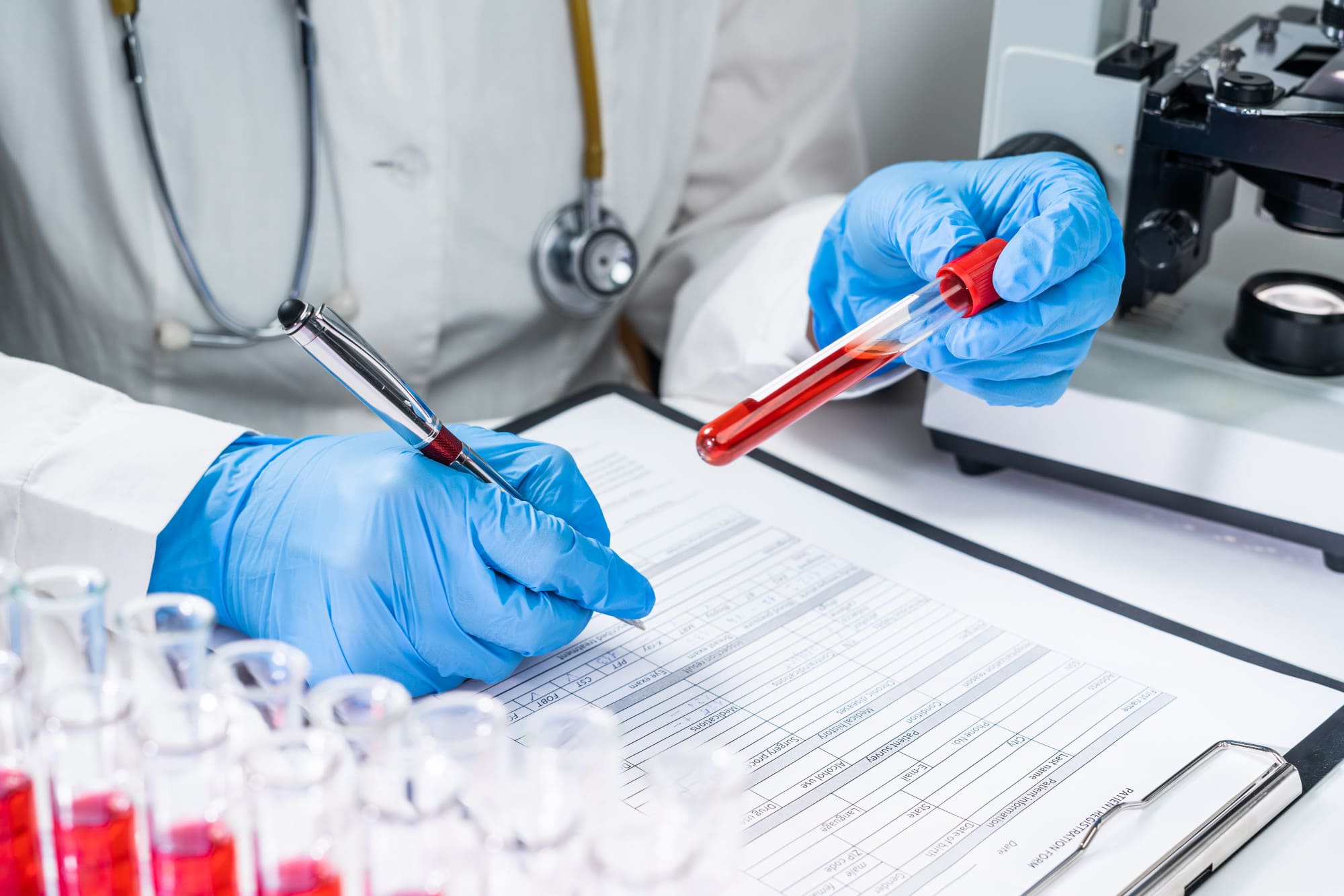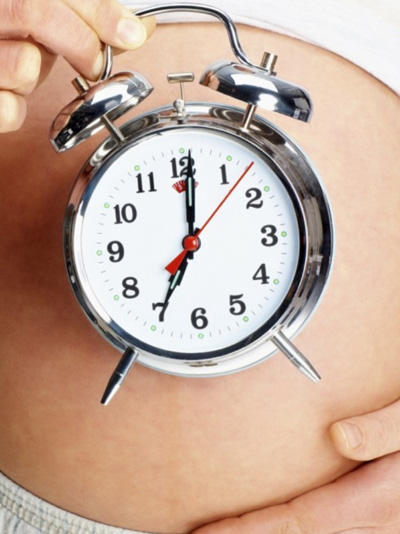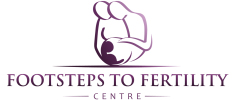Ovarian Reserve Testing
Ovarian reserve refers to the number of eggs remaining in the ovaries, which significantly determines fertility outcome. The exact number of eggs cannot be counted or determined based on hormone levels, but certain tests can provide information about the egg reserve accurately.
In order to adequately counsel women experiencing infertility about their prognosis, as well as to determine which treatment might serve them best, at Footsteps To Fertility Centre, we routinely perform some screening tests to assess their patients’ ovarian reserve.
If you are having trouble getting pregnant, ovarian reserve testing is an important tool in finding your most successful path to parenthood. Schedule an appointment today to learn more about which fertility treatment options may be best for you.
Feel free to contact us. We are more than happy to walk with you through your journey.



Women are born with a finite number of eggs and the egg reserve gradually declines throughout the reproductive years.
At birth, approximately 1-1.5 million eggs are present, which declines to half at puberty and down to about 25,000 at age 37. The initial drop is estimated to be at age 27 which may not be clinically relevant, but the second drop at age 35 is considered significant.
The drop in the egg reserve is asymptomatic and the rate of decline is mostly dependent on genetics. When there are no eggs left in the ovaries, there is no ovulation or menstrual cycles and the woman goes into menopause.
The eggs that aren’t ovulated all die naturally via a process called atresia. At this time, there aren’t any treatments to improve ovarian reserve or restore egg numbers.
Ovarian reserve is primarily determined by genetics, however some external factors such as prior ovarian surgery, some chemotherapy agents, pelvic radiation, and smoking can speed egg loss.
Hormone tests to evaluate the egg reserve
Several tests that check for normal ovulation rely on measuring these hormones. The main tests for ovarian reserve are follicle-stimulating hormone (FSH), estradiol, anti-mullerian hormone, and an ovarian antral follicle count.
These tests are generally performed early in the menstrual cycle, usually on the second or third day after the start of full menstrual flow.
Hormone levels are the outward signs of ovulation. Levels are more meaningful if they are elevated, which suggest decreased ovarian reserve (DOR).
More recently, Anti-Mullerian Hormone (AMH) measurements have gained popularity due to their ability to better predict fertility treatment outcomes. Another marker of ovarian reserve is Inhibin B, although it does not add more information to the tests mentioned above.
If you are having trouble getting pregnant, ovarian reserve testing is an important tool in finding your most successful path to parenthood. Schedule an appointment today to learn more about which fertility treatment options may be best for you.
Book Your
Appointment today!
Make an Appointment


